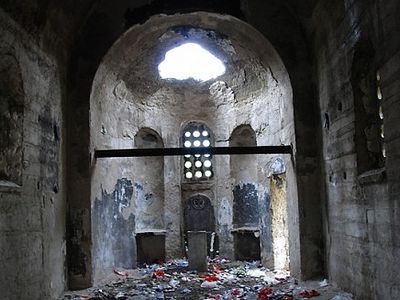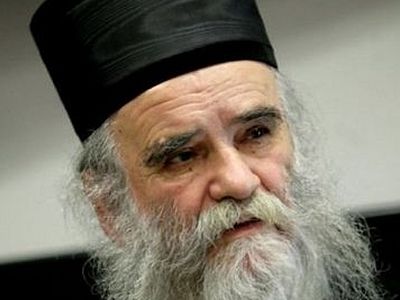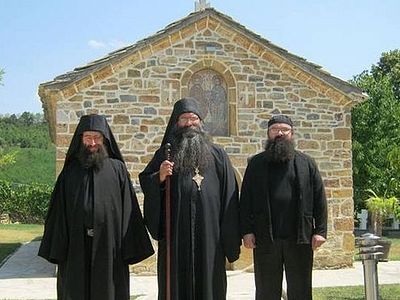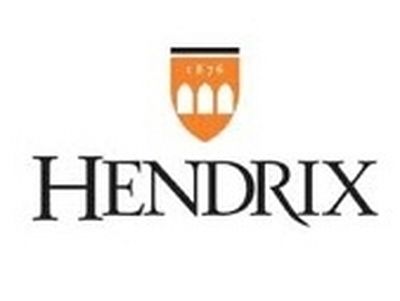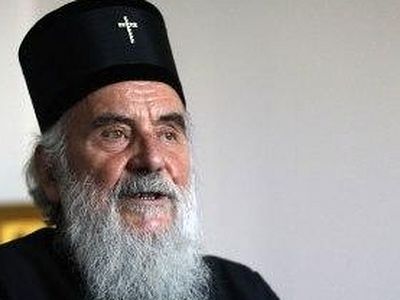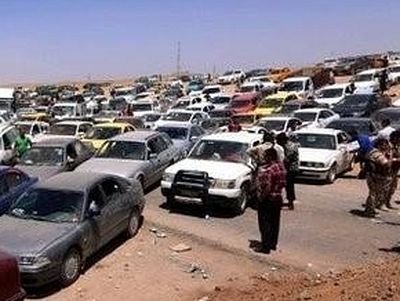Source: Smoky Mountain News
By Doug Wingeier
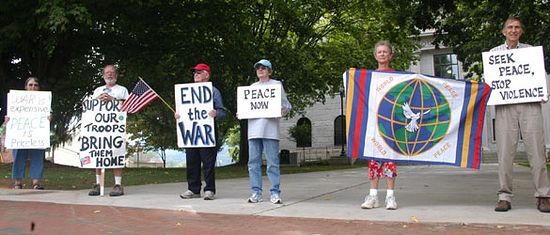
A group calling ourselves “Neighbors for Peace” have been holding a peace vigil in front of the Haywood County Courthouse nearly every Wednesday — rain or shine — since before the start of “Shock and Awe” in March 2003. At first we were met with some hostility by passersby who supported the Iraq War and thought that being for peace was unpatriotic. But gradually, over the 11 years since then, we have received more and more support and affirmation — in the form of waves, honks, V for victory signs, thank yous and some who stop to converse and even join us.
We still get the occasional finger, catcall, obscenity or argument, however. And recently a person walked up to us and angrily shouted several times in our faces, “You are offensive” — giving us no opportunity to respond. Some who stop are veterans home from Iraq or Afghanistan, and most of these — having personally experienced the horror and insanity of war — voice agreement with us.
One of the signs we carry, put out by the Friends Committee on National Legislation (a Quaker group), reads “War Is Not the Answer.” Sometimes a passerby asks,“"If war is not the answer, then what is?” This calls for a long conversation, which most don't want to take the time for. In this column — and perhaps in others to come — I propose to deal with this question, not in the form of argument, but rather by way of stories.
The first of these comes out of the savage war in Kosovo back in 1998-99. It took place in the town of Decane, where the abbot of the Serbian Orthodox monastery sheltered scores of ethnic Albanian villagers from the brutality of Serb troops. Then, after those soldiers were gone, the monastery became a haven for the Serbian townspeople, protecting them from threats of revenge by the ethnic Albanian Kosovo Liberation Army.
While the retreating Serb soldiers were robbing, looting, raping, and burning down the mosque (acts against civilians that too often accompany war), Abbot Theodosia turned the monastery into an oasis of safety and peace for Serbs and Albanians alike. He sent cars to the homes of threatened families to bring 150 Albanians to shelter inside the monastery. In town, Serbian monks stood guard outside the gated courtyards of Albanian families who were hidden inside. When the soldiers came looking for them, the monks told them no one was home.
What makes this all the more remarkable is that for both the Orthodox Christian Serbs and the Muslim Albanians, faith and nationality are usually identical. But to Abbot Theodosia, “they were honest people of all faiths and nations,” and to save them from violence was “the human thing to do. We are happy we could help them.” Throughout the fighting, the abbot aided the Albanians, giving them food, visiting their homes, and asking them on the street if they were all right. “They risked their lives for us,” said one Albanian of the Christian monks. Remembering the monastery’s courage and kindness in harboring them, the local Albanians, who were Muslim, vowed to protect the monks. One villager said, “If they are going to kill them, they must kill us first. They saved us.” One humane act evokes another, and peace is multiplied.
One day Serb soldiers came to the monastery gate, but not to force their way in. Instead, they told the monks barring their way that they had come to ask forgiveness for what they had done.
It took both compassion and courage for these weaponless monks to risk their lives, defy armed rampaging soldiers out to kill, and offer protection to persons of another faith and ethnicity--courage as great, if not greater, than that of the warrior.
It is said that “wars will cease when, finally, people refuse to fight.” Abbot Theodosia and his monks not only did not fight, they went the second mile and aided antagonists and victims on both sides of the conflict.
Yes, “War Is Not the Answer.” Compassion is.
